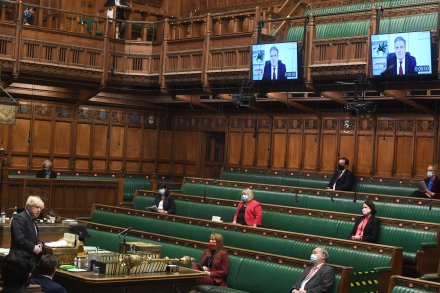Why is Jacinda Ardern still so popular?
Every time I read another excitable media article about New Zealand’s prime minister Jacinda Ardern, I am reminded of an old quip: ‘Viewed from a distance, everything is beautiful.’ That was Publius Cornelius Tacitus (AD 58-120). Were this Roman intellectual and historian alive today, he would make a great New York Times columnist. His tactic was to spin political and historical analogies so they could influence public affairs back home. Tacitus’s Germania, for example, was about framing the Germanic tribes as a noble culture so that his Roman compatriots would recognize their own society as corrupt and decadent in contrast. The only problem was that Tacitus had never crossed the





















